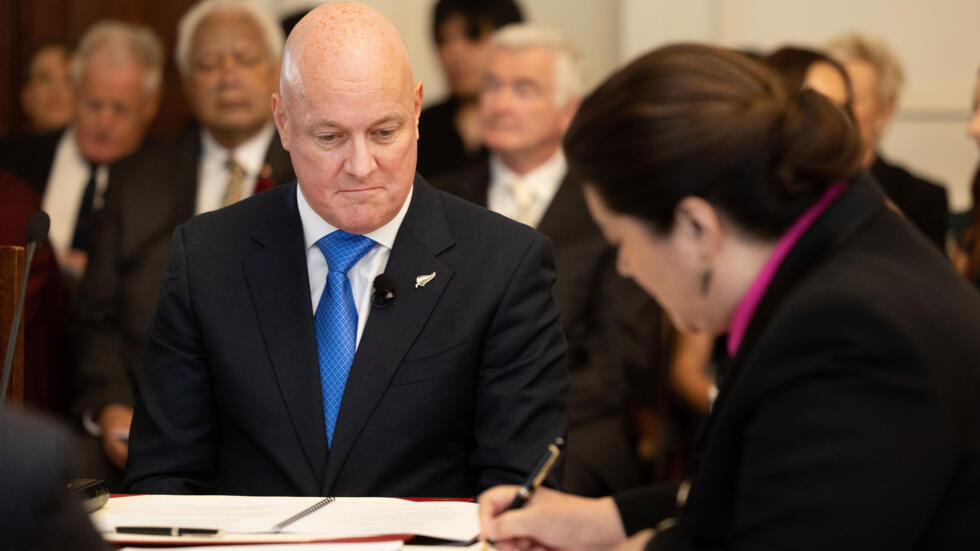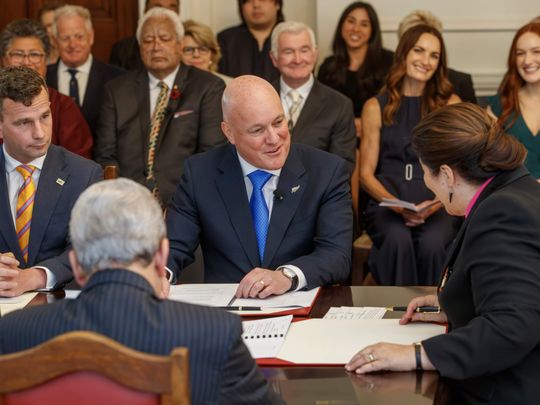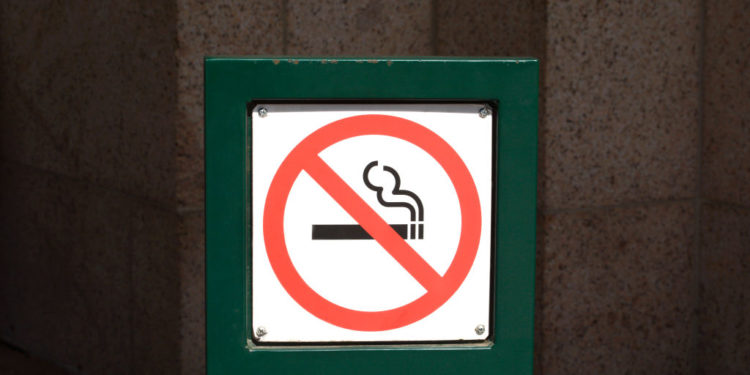Public health officials predict that the country’s world-class smoking ban will result in thousands of deaths and be ‘catastrophic’ for Māori communities. To finance tax cuts, the new government of New Zealand plans to repeal the ban, which will affect future generations.
A trailblazing smoking age law was implemented in the nation in 2022, preventing anyone born after January 2009 from ever being able to lawfully purchase cigarettes. In addition to saving the health system billions of dollars, the measure was intended to prevent thousands of smoking-related fatalities. Along with many other steps to make smoking less economical and accessible, the Act is believed to have been the impetus behind a strategy in the UK to phase out smoking for future generations.

It involved cutting the number of tobacco stores that could lawfully sell cigarettes from 6,000 to just 600 across the country, drastically lowering the permissible nicotine content of tobacco products, and limiting their sale to specific tobacco businesses. July 2024 was the deadline for the laws’ implementation. However, the National party pledged to undo the changes as part of their coalition deal with the far-right New Zealand First, including ‘removing requirements for de-narcotization, removing the reduction in retail outlets, and the generation ban.’ The coalition’s tax cuts will be funded by the proceeds from the sale of cigarettes, according to Nicola Willis, the newly appointed finance minister, who announced on Saturday that the measures will be eliminated before March 2024.

Since its coalition partner, New Zealand First, rejected a plan to allow foreign purchasers back into the real estate market, National has had to find other means to finance its tax plan. Reducing the number of stores that could sell tobacco products and the range of restrictions would drastically cut revenue to the crown, according to Treasury’s pre-election fiscal statement, Willis told Newshub Nation. ‘Returning to those other revenue streams and other cost-cutting measures that would enable us to pay for the tax cut, we must keep in mind that the modifications to the smoke-free laws had a big effect on the government’s books — with roughly $1 billion there.’ Act and New Zealand First, coalition allies, Willis claimed, were ‘insistent’ in their efforts to lift the limits.

Christopher Luxon, the prime minister, stated that the change would prevent shops from being the target of crimes and stop a covert tobacco market from emerging. ‘It will be a huge magnet for crime to concentrate the distribution of cigarettes in one store in one small town,’ Luxon said to Radio New Zealand. According to Luxon, smoking legislation and education would be the main ways his government reduces smoking rates. However, public health experts are shocked by the policy change, stating that it may potentially cost up to 5,000 lives annually and be especially harmful to Māori, who have a higher rate of smoking. Prof. Lisa Te Morenga, the leader of the non-governmental organization Health Coalition Aotearoa, expressed that this represents a significant setback for public health and a substantial victory for the tobacco industry. She emphasized that the tobacco industry’s financial gains will come at the cost of lives in New Zealand.

Te Morenga emphasized recent simulations indicating that the full implementation of the regulations would result in a saving of $1.3 billion in health system expenses over the next two decades. Additionally, it is projected to lead to a 22% decrease in mortality rates for women and a 9% decrease for men. Individuals or even communities cannot reverse the tide of dangerous products that have become ingrained in the culture, according to Te Morenga. ‘Good, bold population-level policies are required.’ Hāpai te Hauora, a prominent Māori public health institution, stated that the reversal will be ‘catastrophic for Māori communities.’ Chief executive Jason Alexander stated that this action indicates a lack of consideration for the opinions of the communities most impacted by the harms of tobacco, prioritizing economic interests instead.


